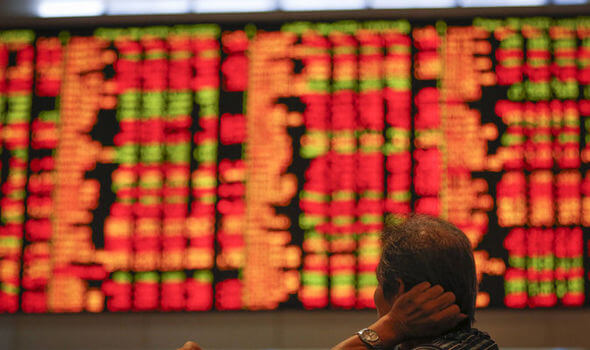Scotland welcome to join EU, Merkel ally says
A senior German lawmaker and ally of Chancellor Angela Merkel has welcomed a potential accession of Scotland to the European Union after the UK’s vote to leave the bloc.
“The EU will still consist of 28 member states, as I expect a new independence referendum in Scotland, which will then be successful,” Gunther Krichbaum, a member of Merkel’s conservatives and chairman of the European affairs committee in parliament, said on Sunday.
“We should respond quickly to an application for admission from the EU-friendly country,” he told the Welt am Sonntag newspaper.
Krichbaum’s remarks came a day after Scottish First Minister Nicola Sturgeon said she will seek “immediate discussions” with Brussels to “protect Scotland’s place in the EU.”
Sturgeon has said a new independence referendum is “highly likely.”
The cabinet formally agreed to begin work to legislate for a second independence vote, so that the option is “deliverable” while an expert advisory group is to be set up to study what else could be done.
In a referendum in 2014, Scotland voted 55 percent to 45 percent to stay part of the UK, but polls show that support for independence has since risen.
On Thursday, 51.9 percent of Britons voted in favor of leaving the EU while 48.1 percent voted to remain in the bloc.
In Scotland, however, the majority voted in favor of remaining an EU member as 62 percent opposed Brexit and 38 percent backed it.
Global market uncertainties
China’s Prime Minister Li Keqiang said Monday that Britain’s vote to leave the European Union has increased uncertainties in the global economy.
Britain’s vote “has showed its impact on the international market and further increased uncertainties in the global economy,” Li said.
Li, who was addressing the World Economic Forum in China’s northern coastal city of Tianjin, said his country is eager to see a united and stable EU and a prosperous UK despite the Brexit vote.
Last week’s surprise vote in the UK has shocked markets, leading to a plunge in stock indices around the world. Global stock markets lost over 2 trillion dollars in value over the weekend.
Currency traders continue to feel the heat as the British pound has hit a 31-year low. China’s yuan has also slumped to its weakest level in more than five years on the Brexit aftershock.
The turmoil in markets has sparked fears of a fresh global financial crisis.











